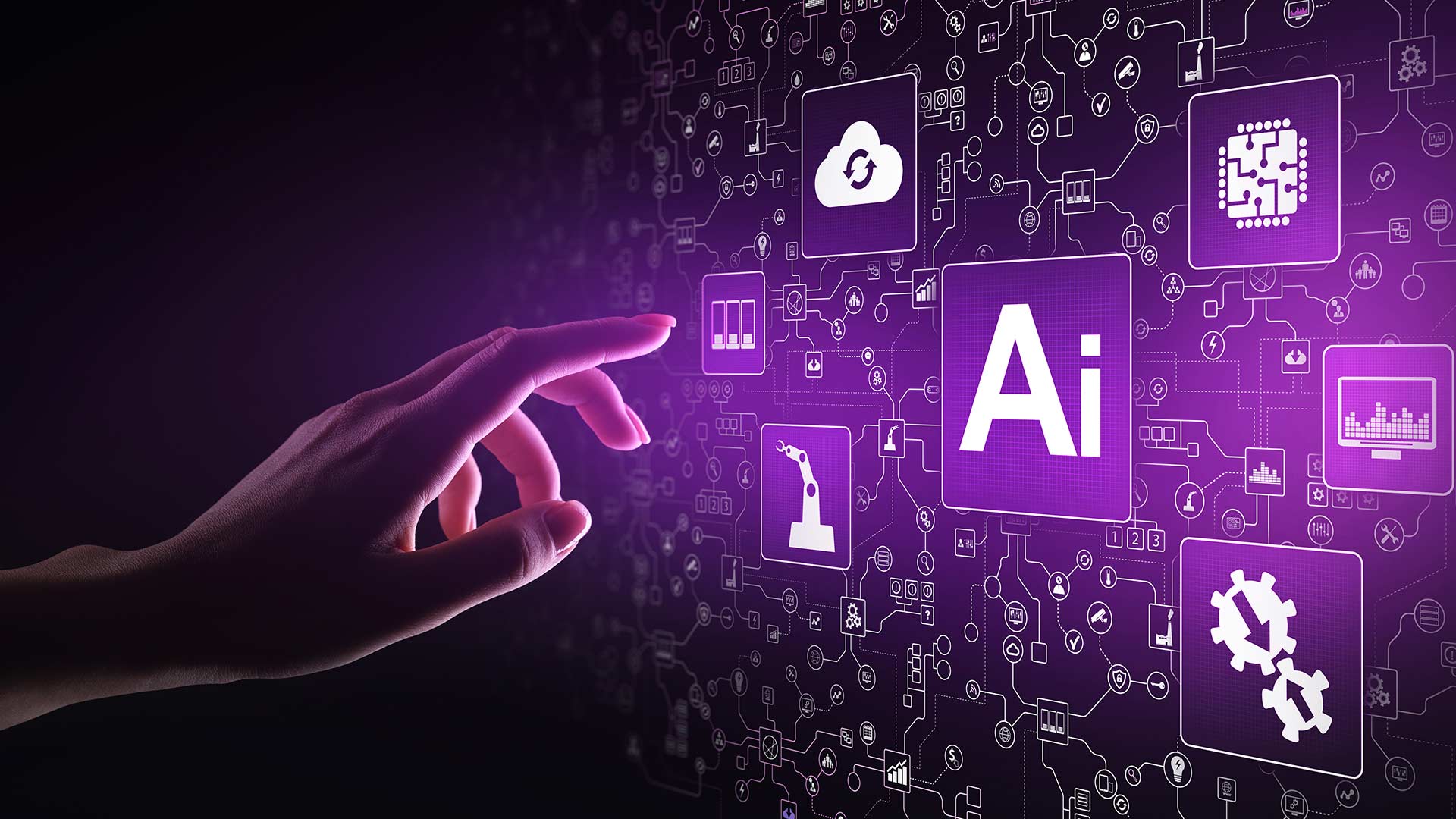Role of AI in Next-Generation Search Engines

Role of AI in Next-Generation Search Engines
In the expansive world of technology and innovation, artificial intelligence (AI) has emerged as a dominant force. As computational capabilities have evolved, so too has the role of AI in next-generation search engine . From personal assistants like Siri and Alexa to sophisticated recommendation engines on platforms like Netflix and Amazon, AI influences many facets of our lives. One of the more intriguing advances in this space is the development of ChatGPT by OpenAI, a generative language model that demonstrates human-like text generation. As its capabilities unfold, there’s a mounting enthusiasm around building a ChatGPT-powered search engine. This article delves into the race towards this goal, exploring its significance, challenges, and the potential transformations it can usher in.
Why a ChatGPT-powered Search Engine?
Although traditional search engines are powerful, they come with inherent limitations as well. Users are often presented with a list of blue links when they input queries. Despite being efficient, this model lacks the conversational and contextual depth many users now crave. It is their responsibility to sift through the information, determine its relevance, and piece together answers.
You need ChatGPT. ChatGPT understands context, answers questions in a conversational manner, and provides in-depth explanations. As well as links, a search engine powered by such a model could provide comprehensive answers and insights to users, as well as engage them in a multi turn conversation.
Challenges in Building the Engine
In spite of the exciting prospects of a ChatGPT-powered search engine, there are many roadblocks along the way:
Scale and Efficiency: Handling billions of daily queries demands a robust infrastructure. ChatGPT, while advanced, needs to be optimised for such scale without compromising on response time or accuracy.
Bias and Neutrality: AI models, including ChatGPT, can inadvertently carry biases based on the data they’re trained on. Ensuring neutrality and fairness in search results is paramount.
With the talking nature of the model, it would respond to more personalized queries, which makes protecting user data even more important.
In spite of the fact that ChatGPT can generate human-like text, it still relies on existing knowledge. It can be challenging to maintain its accuracy and make sure the information is up-to-date.
Potential Transformations
Embracing a ChatGPT-powered search paradigm could revolutionize the digital search landscape in several ways:
Personalized Learning: Students could receive tailored explanations based on their learning style and pace, making digital education more useful.
Assistance for Professionals: From doctors seeking quick information about rare medical conditions to engineers looking for specific solutions, professionals can receive precise answers swiftly.
Street Fighter: A New Era of Combat providing contextual information without leaving a user’s current digital environment: This engine could be seamlessly integrated with other platforms, giving users contextual information without the need to leave their current digital environment.
Linguistic and Cultural Inclusivity: Advanced language models can cater to a myriad of languages and dialects, making digital information more inclusive.
The Current Landscape
Several tech giants and startups are dabbling in this space, leveraging ChatGPT’s capabilities to redefine search. While some are in nascent stages, others have advanced prototypes that promise a glimpse into the future of search.
In this evolution, OpenAI, the organization behind ChatGPT, is a crucial player. Their commitment to ethical AI usage and continuous improvements to their model paves the way for responsible innovation. The implementation of a ChatGPT-powered search engine could be expedited by collaborations between such organisations and industry players.
Conclusion
The race to build a ChatGPT-powered search engine signifies more than just an advancement in technology; it represents a shift in how we perceive and interact with digital information. There are challenges along the way, but the rewards in terms of accessibility, inclusivity, and efficiency are immense.
Technology is an evolving field, so it’s up to creators and regulators to develop it and deploy it ethically, ensuring that the interests of the users always come first. In this new era of digital search, there are endless possibilities to be explored, and we cannot help but be excited.
